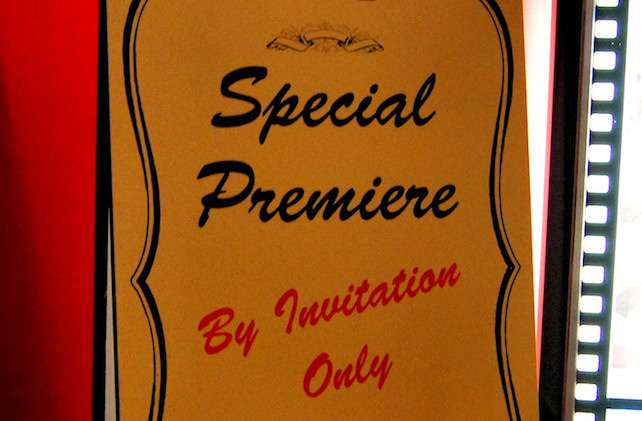Which is worse: Attending a party you don't want to attend, or staying home and disappointing a friend?
A lot depends on context, of course, but according to a new study, declining an invitation doesn't typically bring the social backlash invitees may expect.
"I was once invited to an event that I absolutely did not want to attend, but I attended anyway because I was nervous that the person who invited me would be upset if I did not – and that appears to be a common experience," says lead author Julian Givi, a psychologist at West Virginia University.
"Our research shows, however, that the negative ramifications of saying no are much less severe than we expect," Givi says.
In a pilot study, more than three-quarters of respondents reported having accepted an invitation they would rather decline to avoid offending the person who invited them.
Hoping to shed light on that rationale, the researchers – Givi and co-author Colleen Kirk, an associate professor at the New York Institute of Technology – conducted five experiments with more than 2,000 participants.
In one of the experiments, Givi and Kirk outlined a scenario in which one friend invites another to dinner at a restaurant hosting a celebrity chef, casting the subjects as either inviter or invitee.
Those cast as invitees were told to imagine they already had plans earlier that day and wanted to spend a quiet night at home, and thus said no thanks. Those cast as inviters were told their friend had declined for the same reason.
Subjects who imagined saying no often expected immediate repercussions for the relationship, the study found.
They were more likely to predict the inviter would feel mad, disappointed, and reluctant to invite them to future events, the researchers note, than the inviters were to rate their own reactions after learning of the rejection.
Those declining an invitation were also likelier than inviters to say the inviter would focus on the rejection itself more than the reasons for it, the researchers point out. That outlook could help explain what compels people to accept invitations they'd rather decline.
"Across our experiments, we consistently found that invitees overestimate the negative ramifications that arise in the eyes of inviters following an invitation decline," Givi says.
"People tend to exaggerate the degree to which the person who issued the invitation will focus on the act of the invitee declining the invitation, as opposed to the thoughts that passed through their head before they declined."

In another experiment, Givi and Kirk recruited 160 people along with their significant others for what they billed as a "couples survey."
Four percent of the couples were less than six months into their relationship, while 1 percent had been together for six to 12 months, 21 percent for one to five years, and 74 percent for more than five years, the researchers report.
While one member of each couple was out of the room, the other was asked to write an invitation for some activity they would like to do soon together, like watching a movie or hiking.
The couple then switched, with inviter stepping away and invitee returning to read the invitation. Researchers told invitees to reject their partners' invitations, writing something similar to "I just want to stay home and relax."
The partners then switched once more, letting the inviter read the rejection.
The same phenomenon emerged, regardless of how long couples had been together. Those who declined the invitation predicted their partners would feel angrier or more hurt than they did.
There are limitations to the study, the researchers note, including potential cultural differences or effects from other psychological mechanisms.
It's also worth noting not everyone feels the need to accept unwanted invitations, and some people might actually get upset simply because their invitation was declined, however politely.
Overall, this hints at a psychological tendency to assume others judge us more harshly for declining invitations than they do, the researchers say.
"While there have been times when I have felt a little upset with someone who declined an invitation, our research gives us quite a bit of good reason to predict people overestimate the negative ramifications for our relationships," Givi says.
Occasionally declining invitations may not only be more socially acceptable than we tend to think, Givi adds, but it might help fend off burnout during busy times.
"Burnout is a real thing, especially around the holidays when we are often invited to too many events," he says.
"Don't be afraid to turn down invitations here and there. But, keep in mind that spending time with others is how relationships develop, so don't decline every invitation."
The study was published in the Journal of Personality and Social Psychology: Interpersonal Relations and Group Processes.
